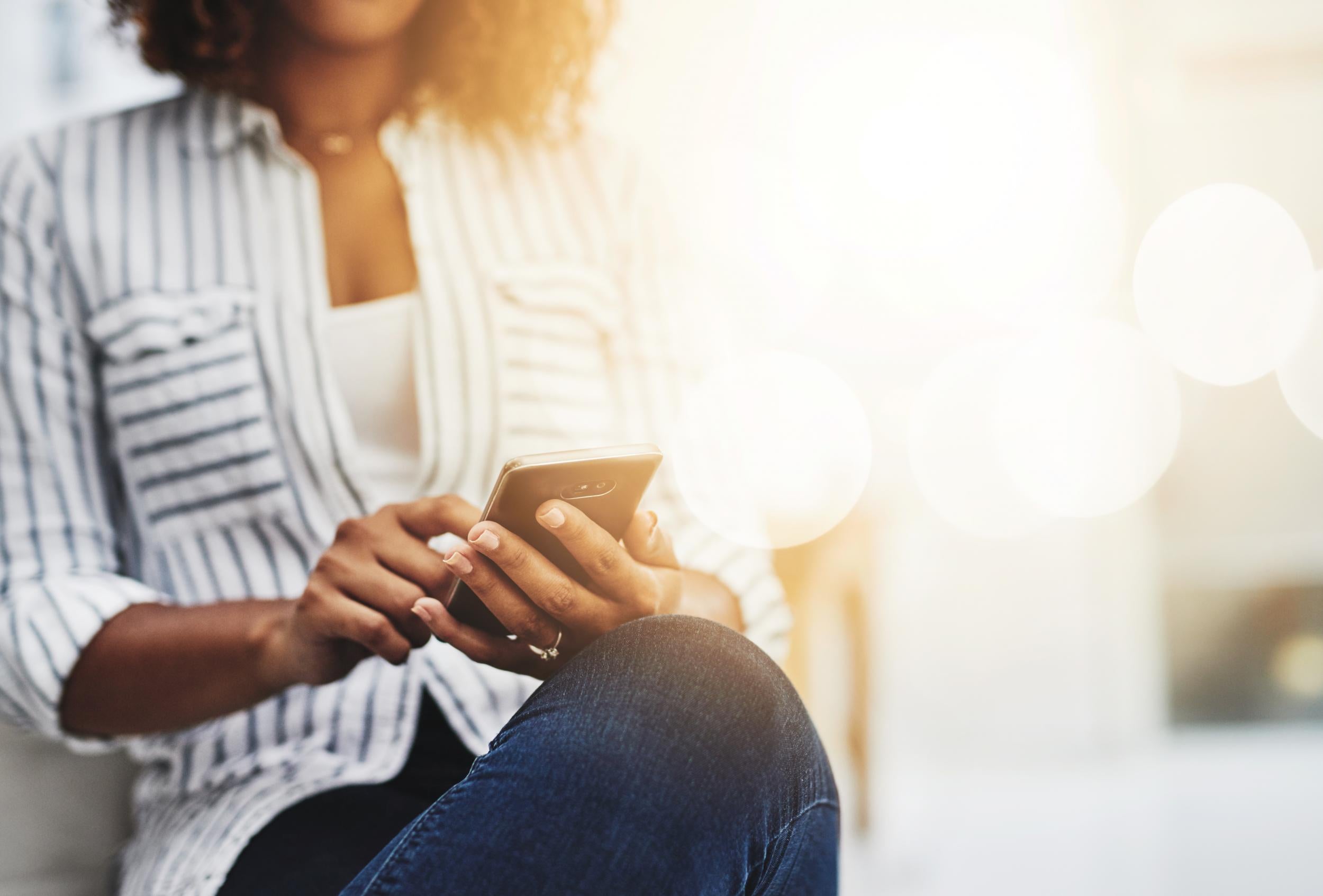Twitter is ‘toxic place’ for women, finds Amnesty International report
Study found black women were 84 per cent more likely to be mentioned in abusive tweets than white women

Your support helps us to tell the story
From reproductive rights to climate change to Big Tech, The Independent is on the ground when the story is developing. Whether it's investigating the financials of Elon Musk's pro-Trump PAC or producing our latest documentary, 'The A Word', which shines a light on the American women fighting for reproductive rights, we know how important it is to parse out the facts from the messaging.
At such a critical moment in US history, we need reporters on the ground. Your donation allows us to keep sending journalists to speak to both sides of the story.
The Independent is trusted by Americans across the entire political spectrum. And unlike many other quality news outlets, we choose not to lock Americans out of our reporting and analysis with paywalls. We believe quality journalism should be available to everyone, paid for by those who can afford it.
Your support makes all the difference.Amnesty International has described Twitter as a “toxic place” for women following years of relentless abuse, threats and harassment on the social media platform.
On Tuesday, the non-governmental human rights organisation released a report into harassment against women on Twitter which found that women of colour were 34 per cent more likely to be targets of hate speech than white women.
Meanwhile, black women specifically were 84 per cent more likely to be mentioned in abusive tweets.
According to the report: “Abusive content violates Twitter’s own rules and includes tweets that promote violence against or threaten people based on their race, ethnicity, national origin, sexual orientation, gender, gender identity, religious affiliation, age, disability or serious disease.”
“Problematic content” was defined as that which is “hurtful or hostile, especially if repeated to an individual on multiple or cumulative occasions”, but does not necessarily meet the threshold of abuse.
The report also found that approximately one in 10 posts mentioning black women contained “abusive or problematic” language, as opposed to one in 15 for white women.
The study involved volunteers for Amnesty and Montreal-based startup Element AI’s crowd-sourcing project, titled “Troll Patrol”, analysing 228,000 tweets sent to 778 female politicians and journalists across the political spectrum in the UK and US between January and December of 2017.
Twitter responded to the report explaining that its abusive behaviour policy “strictly prohibits” material that “harasses, intimidates or silences another user’s voice”.
Vijaya Gadde, Twitter’s legal, policy and safety chief, added: “We are also transparently investing in better technology and tools to enable us to more proactively identify abusive, violative material, to limit its spread and reach on the platform and to encourage healthier conversations.”
In response to the findings, shadow home secretary Diane Abbott called on the social media platform to clamp down on “highly offensive racist and misogynist” tweets.
“My staff still spend a considerable amount of time removing and blocking abusive or threatening posts from social media,” she said. “Overwhelmingly the abuse is of a highly offensive racist and misogynist character.”
She highlighted this kind of hate speech can lead to violence and that Twitter has the responsibility to shut down accounts sharing the material quicker than it currently does.
“Twitter also does not have the option to delete offensive comments once an account has been blocked,” she added. “This would make a difference to conversations that are taking place.”
A separate Amnesty study published in September 2017 found that Abbott, the Labour MP for Hackney North and Stoke Newington, received almost half (45.1 per cent) of all the abusive tweets sent to female MPs in the run-up to that year’s general election.
Abbott isn’t alone in calling on Twitter to clamp down on hate speech in parliament.
Previously, Labour MP Jess Phillips opened about up about the harassment she endured on the platform after she received rape threats in May 2016.
At the time, she tweeted: “To see the attack of a pack on here check out my mentions 600 odd notifications talking about my rape in one night. I think Twitter is dead.”
The revelation came weeks before her parliamentary colleague Jo Cox was murdered by the far-right fanatic Thomas Mair.
Last week, Labour MP Luciana Berger tweeted several screengrabs of antisemitic messages she received after calling for her party leadership to table a vote of no confidence in Theresa May’s government.
Amnesty said: “Politicians and journalists faced similar levels of online abuse and we observed both liberals and conservatives alike, as well as left- and right-leaning media organisations, were affected.”
Kate Allen, Amnesty UK’s director, added: “It’s clear that a staggering level of violence and abuse against women exists on Twitter. These results back up what women have long been saying – that Twitter is endemic with racism, misogyny and homophobia.”
She continued: “Twitter is failing to be transparent about the extent of the problem, but if our volunteers can gather meaningful data about online violence and abuse, so can Twitter.
“The company must take concrete steps to properly protect women’s rights on the platform.”
The Independent has contacted Twitter for further comment.
Join our commenting forum
Join thought-provoking conversations, follow other Independent readers and see their replies
Comments